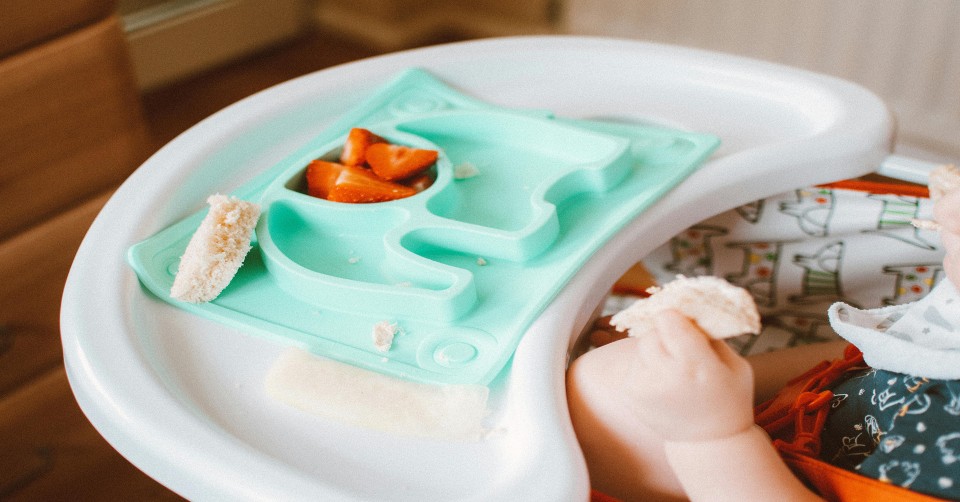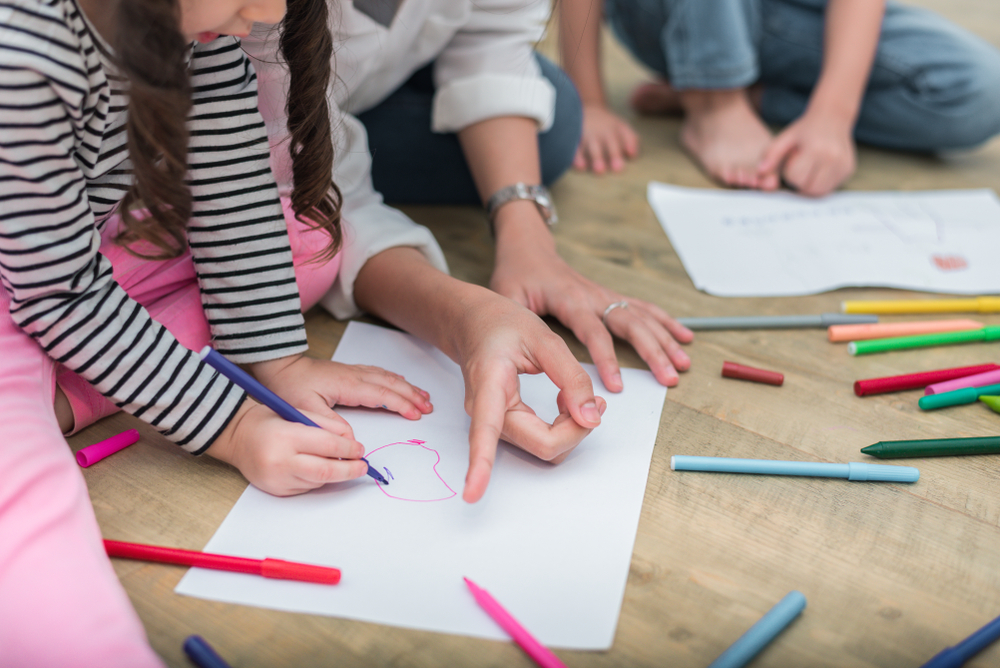Early Adolescence 12-15 Years
Early Adolescence: Track my development 11-14 years

One of the most challenging parts of dealing with adolescence is the learning how to handle different changes your teen is going through. Physically, they might develop faster than they are maturing emotionally, so that’s what makes it so tricky to navigate. Puberty is another huge change both teens and parents have to deal with. Girls on average go through puberty between 11-12 years but can start as early as eight and go on to 14 years. Boys lag about two years behind girls. Read on below to learn more about all the different changes teens are experiencing
Physical and Sexual Changes:
There are many common changes that both teenage boys and girls are going through such as:
- Weight and height gain
- Changes in facial one structure
- The appearance of body acne
- The growth of reproductive organs
- Body hair growth
- Shifts in sleep patterns! Teens need about 9-10 hours of sleep a night yet due to the onset of puberty they usually are more alert during the night. That’s why your teen wants to stay up late and can’t wake up in the early hours of the morning.
Girls! In regards to the changes experienced by girls they include:
- Changes in body shape
- Breast development
- Widening of hips
- The onset of menstruation
- Growth of ovaries and uterus
- Signs of vaginal discharge
Boys! As for boys, some physiological changes include:
- Growth of the voice box
- Widening of shoulders
- Muscle growth
- Appearance of facial hair
- Wet dreams and involuntary erections
Cognitive Development:
- Brain development is quite rapid during this period, however, changes in brain functions do not occur at the same rate for all parts of the brain- hence the mood swings!
- Higher cognitive skills are developing
- Thinking moves from the concrete to more abstract
- Adolescents become argumentative and request more elaboration and justifications when they don’t see eye to eye with you on a specific matter
- They also look for perfection
- Adolescents also tend to believe their experiences are unique and theirs alone, something psychologists refer to as the personal fable
Emotional Development:
- Experiencing a wide range of emotions- sadness, anger, frustration, and elation
- Heightened interest in their physical appearance- they also seem to believe that everyone’s attention is on them and them alone
- Interest in the peer group and their loyalty towards them is of upmost importance
- Become preoccupied with “crushes” and interested in forming romantic relationships
- Exploration of an identity takes place at this stage; it’s thus quite common that your teen starts going against family values and beliefs in an effort to form her own outlook
- Rebellion against authority; particularly of parents
What to do? Tips on Parenting Adolescents:
- Be around; make sure you are checking in with them daily and make yourself available to them if they need to talk
- Talk- constantly, whether it’s about uncomfortable issues such as sexual health or alcohol use, your teen needs to know what your family’s values are in relation to these topics
- Educate them about the harms of smoking, drugs and driving without a license
- Get to know their friends and also keep lines of communication open regarding peer pressure
- Know where they are at all times, this is important to prevent risky behaviors
- Encourage physical activity- not only is it good for their health but participation in group sports prevents them for doing things they shouldn’t
- Share family meals; a lot of research has been produced on the importance of family time in discussing things that are coming up in their lives
- Trust your teen to make good decisions and make sure to tell him when he does
- Praise your teen; this is important to encourage her own positive sense of self
- Regulate your own emotions. There will be times when your teen will talk back or slam a door in your face. Remember that a lot is going on for them developmentally. Remember to take a step back, remind yourself that you are guiding them by example and think about how to respond calmly. Speak up if there’s a limit that needs to be set but always thinks about how you are responding back and the message you want to send him/her.
Mom, you may need to ask for some assistance from my doctor or a mental health professional if:
- I’m having trouble sleeping or if I’m sleeping too much (to the point where I am missing out on day to day activities)
- My grades have dropped significantly
- I have very low self esteem
- I don’t have any friends
- You’ve noticed significant weight loss or if I have a distorted body image
- My periods are unusually heavy or I’m bleeding between each period














